Exact Answer: 13-17 days
Motherhood is a most cherished period in a woman’s life. And the newer technologies had left no stones unturned to fulfill this wish. This is where the embryo transfer technique comes to help. It’s a part of in-vitro fertilization (IVF).
The process involves the placement of an embryo in the uterus of the female to develop a positive pregnancy. However, certain things should be noticed to know the success of the implantation. One such thing is the start of the period after the procedure.
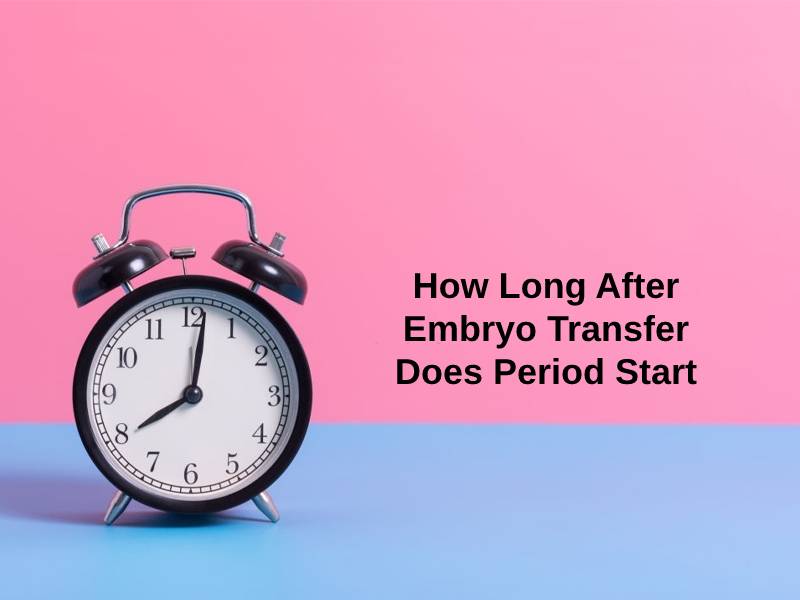
How Long After Embryo Transfer Does the Period Start?
A woman can expect a period, 13-17 days after the embryo transfer. The onset of periods might indicate that the patient is not pregnant. But sometimes, vaginal bleeding also occurs when the embryo/blastocyst is getting implanted in the womb.
In either of the cases, you should consult your doctor immediately. Having done that, you should still go for a pregnancy check-up as there are cases where the patients turn out to be pregnant even if they bled after 12-17 days of the procedure.
Now that the time of onset of periods after embryo transfer is known, various symptoms of a positive result of procedure should also be known. The very first one being spotting/bleeding. Though it could be a sign of negative results as well.
If you have had an embryo transfer and experiencing cramping thereafter, it is a sign of a successful procedure. This cramping could also happen due to the intake of progesterone that you have been taking. Whatsoever, consider it a positive sign.

If you have been experiencing fatigue and feel tired all the time, it could be a positive part. As already known, fatigue and tiredness are an inseparable part of the pregnancy phase. You should be happy with these symptoms. Even nausea (morning sickness) adds to this list.
Bloating, changes in the vaginal discharge, an increased need/feeling to pee, all constitute to be the positive effect. However, if the person gets none of the symptoms, that doesn’t mean that the procedure wasn’t successful. These symptoms are non-specific and don’t provide the exactness of pregnancy.
| Occurrence of period | Time |
| Normal spotting/bleeding | Throughout 2 weeks after embryo transfer |
| Regular Period | 13-17 days after embryo transfer |
Why Does It Take So Long for Periods to Start After Embryo Transfer?
Embryo transfer is the last and the most awaited step of the IVF treatment. Then there are a wait of 2 weeks (14-15) days. Then the pregnancy test is taken. If the process was unsuccessful, the capillaries in the wall of the uterus get ruptured and the embryo is no more able to implant itself and thus periods occur.
Had the embryo been transplanted correctly, the patient would have been pregnant. Light bleeding occurs when the embryo implants itself and small capillaries of the wall get ruptured. A period clearly indicates that the embryo transfer and the wait to become a mother had been unsuccessful for the time being.
There are certain steps that you should follow if you had an embryo transfer. The very first one being- complete bed rest. The doctors would also advise the same for the upcoming 2 weeks. Also, avoid any sort of strenuous works.
Drinking plenty of fluids is a must so that the cells stay hydrated. Avoid alcohol and say yes to a healthy diet. Avoid going out in extreme temperatures as this might increase the chances of infections.

What you eat plays a major role in your body system so it should be done with utmost care. Healthy food will definitely respond better to embryo transfer. You should include in your diet, foods that are rich in zinc, folic acid, fats, carbohydrates.
Eating avocado would be of help as it has a lot of fats and has vitamins and minerals that support overall reproductive health. And above all, water is a must to cure many.
Conclusion
Periods occur after 12-16 days of embryo transfer. It is a clear indication of the negative result of the procedure, i.e., the pregnancy did not happen.
The time duration is this long because the embryo takes this long to implant itself. If not, the capillaries along the wall of the uterus get ruptured, and thus period occurs.
In such a case, you need not be depressed or sad. Losing hope is not the thing. If the process failed, give it another try.

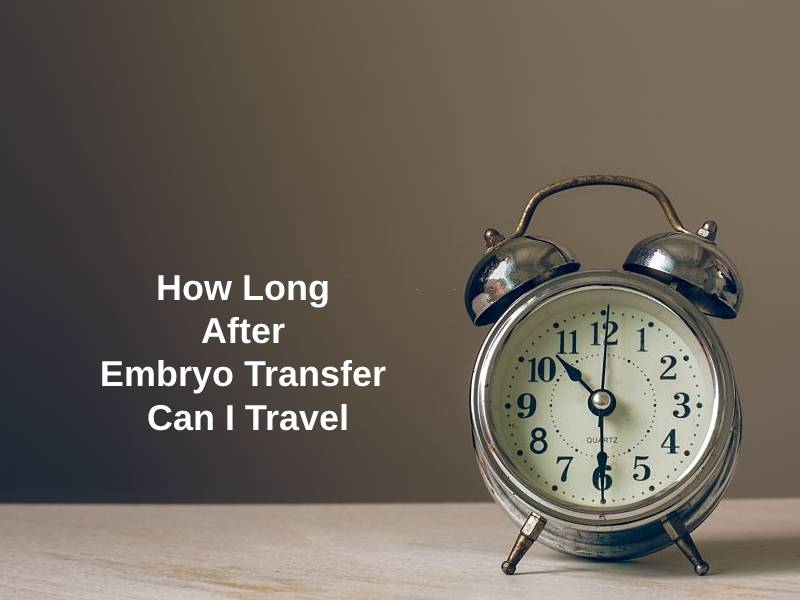
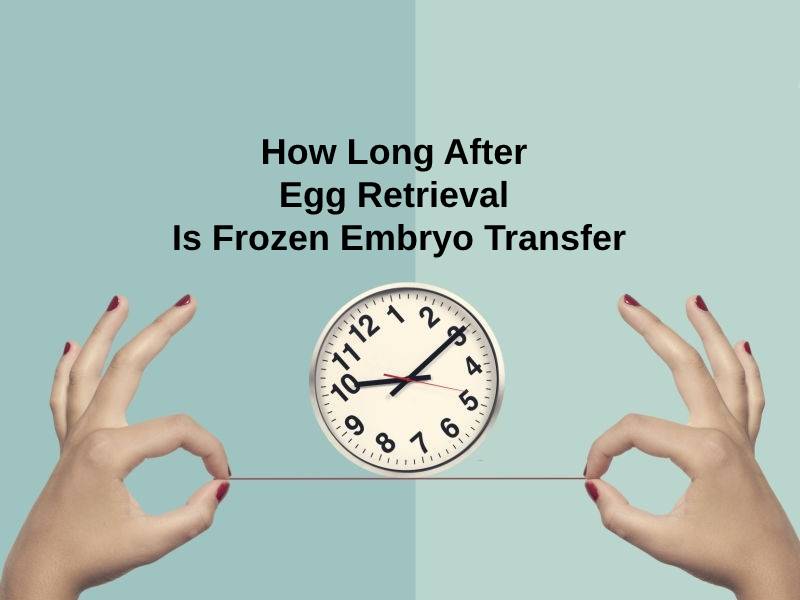
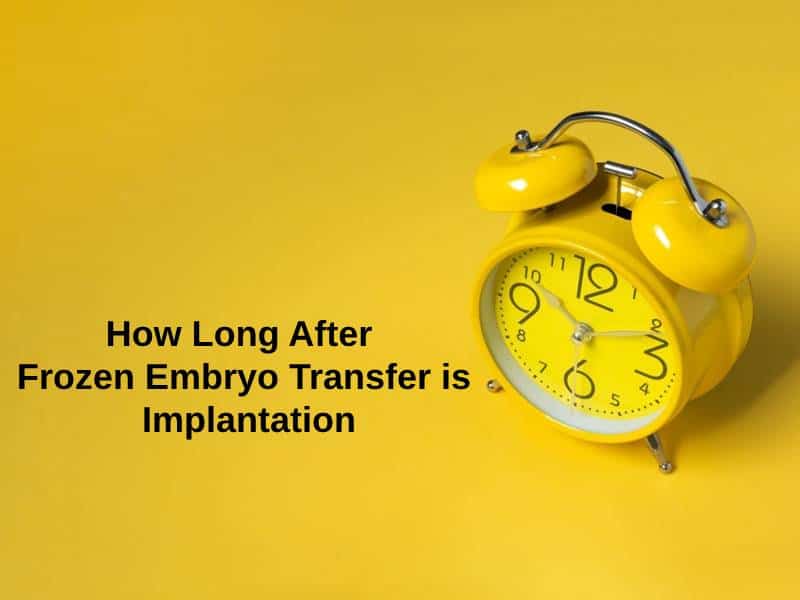

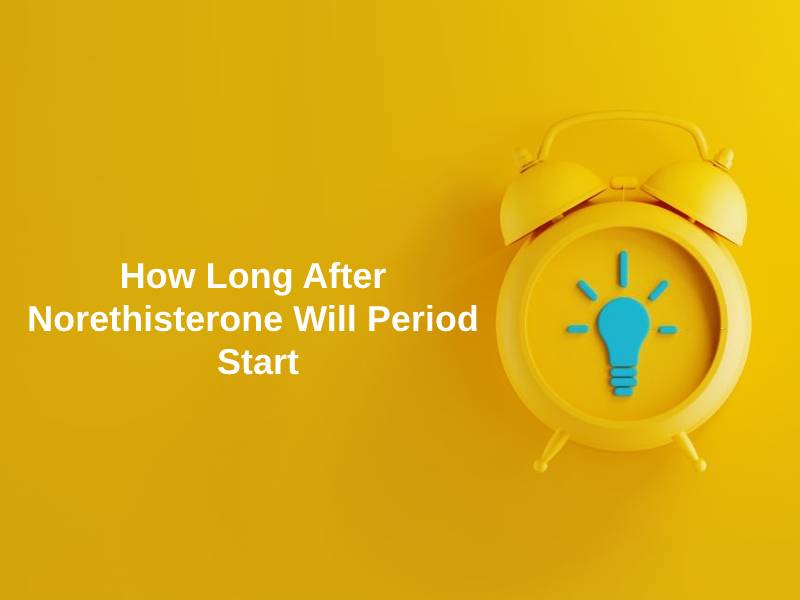
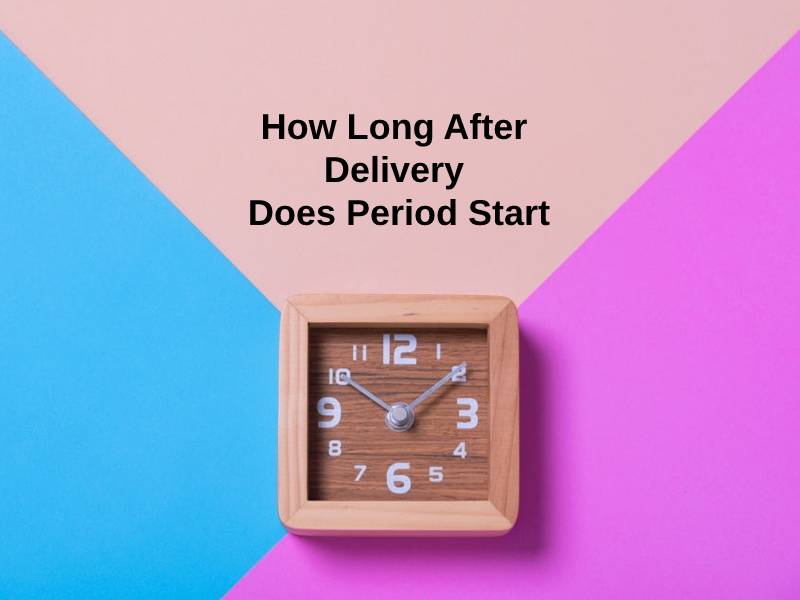
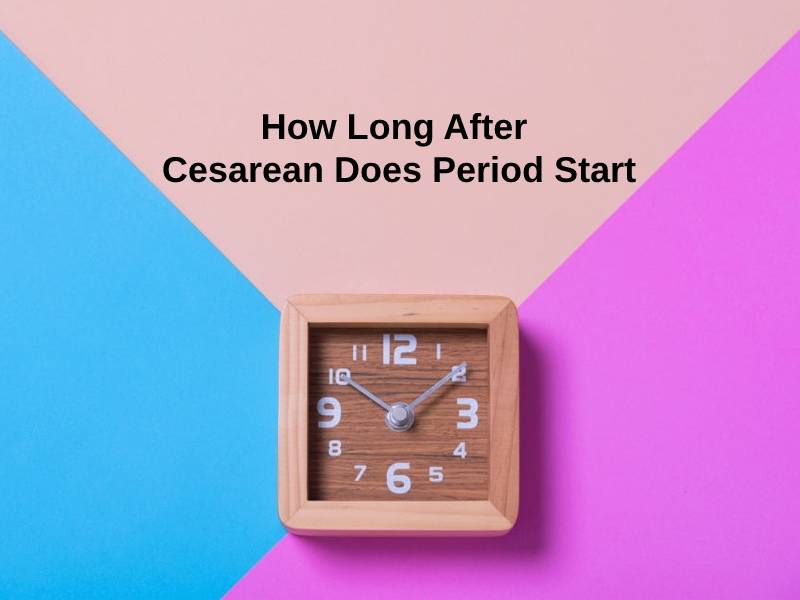
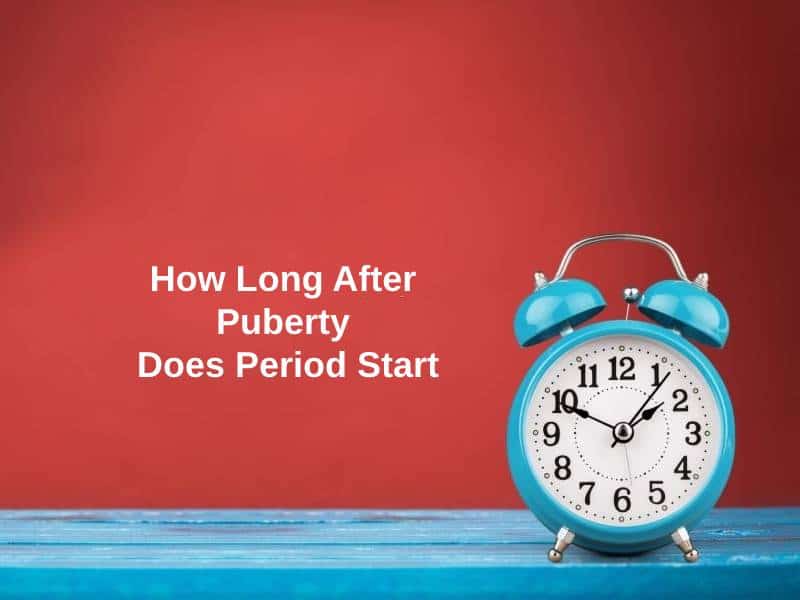
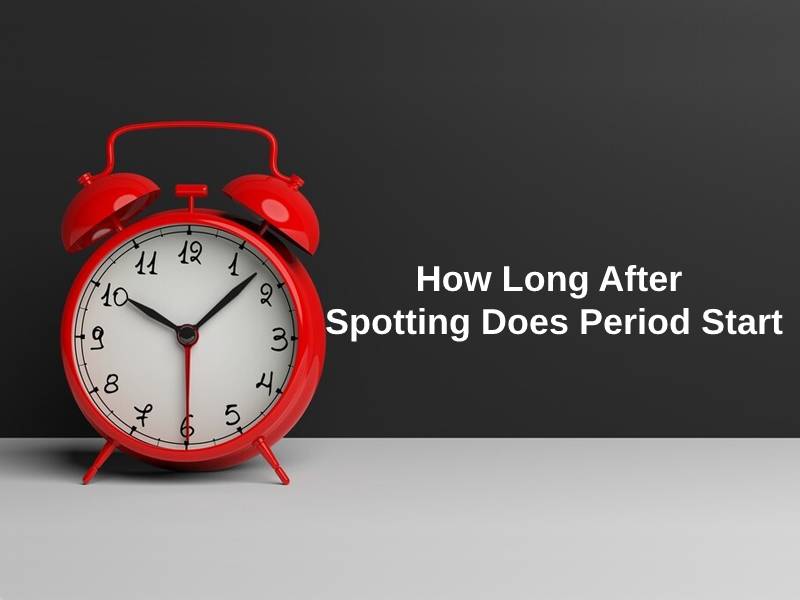
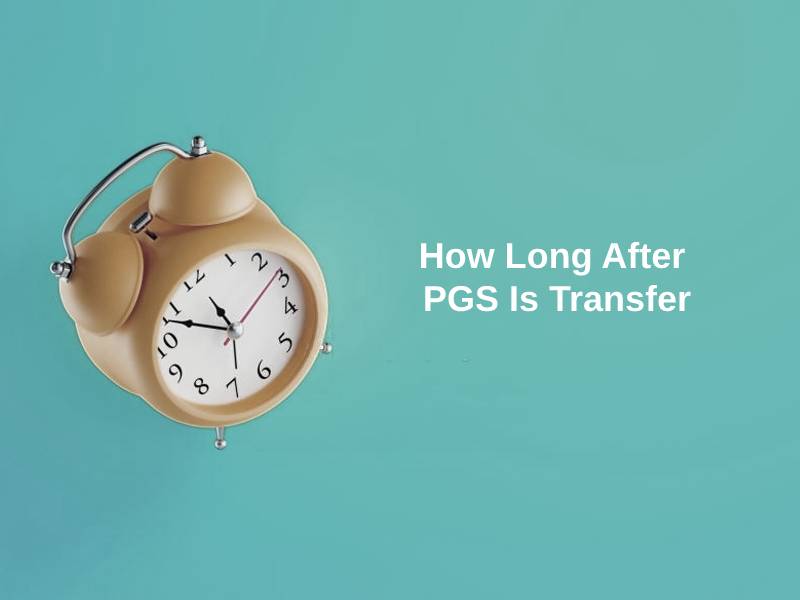
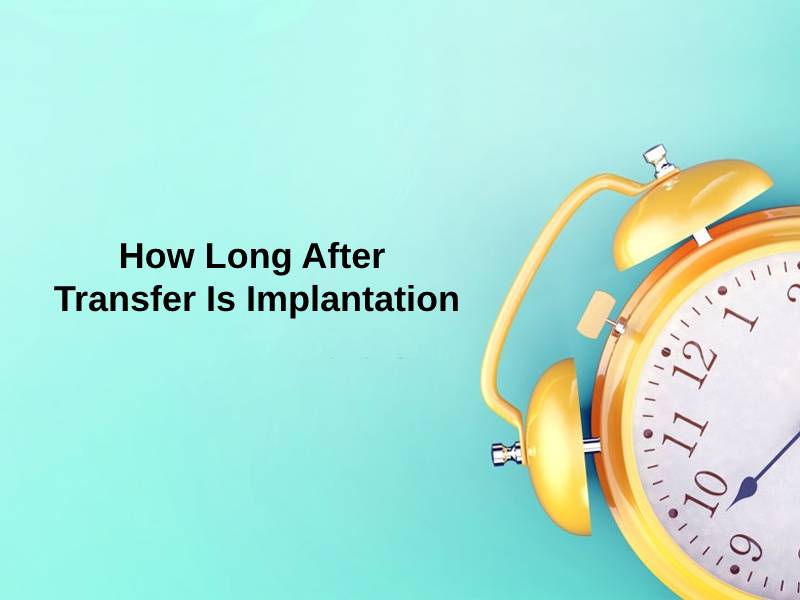
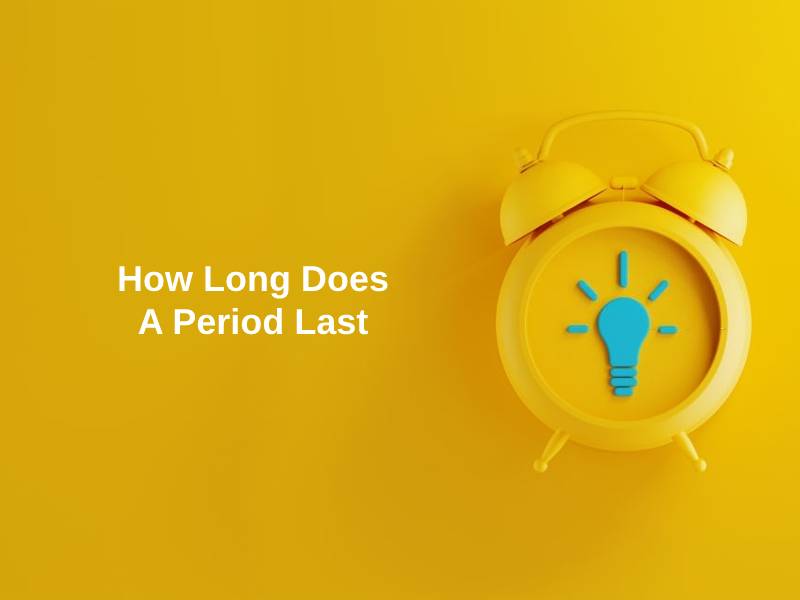
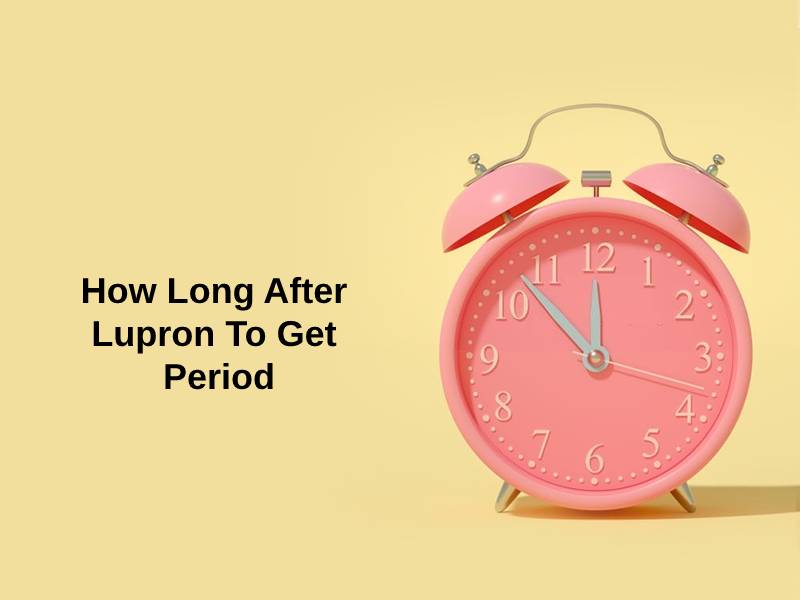
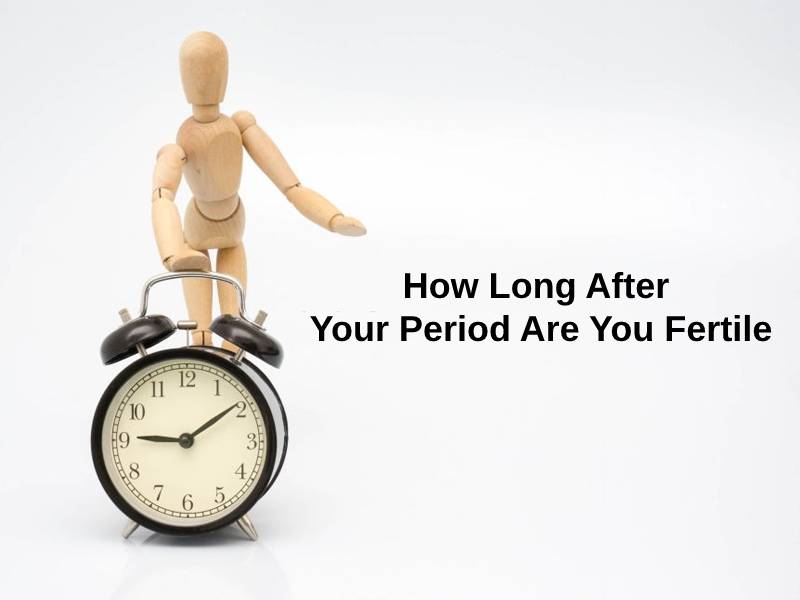
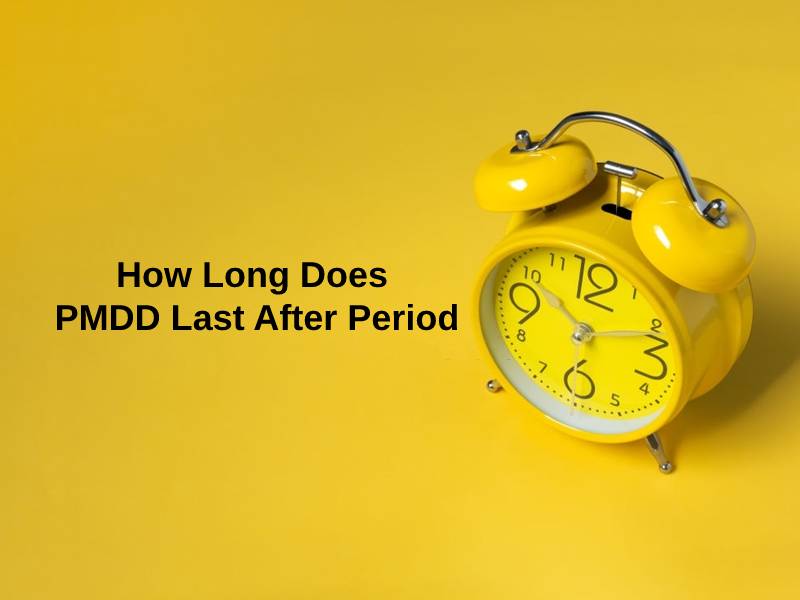
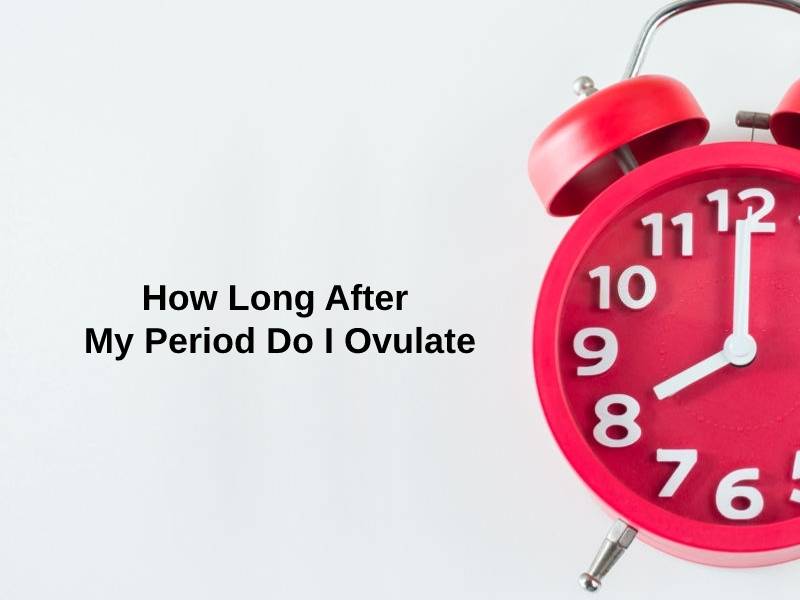
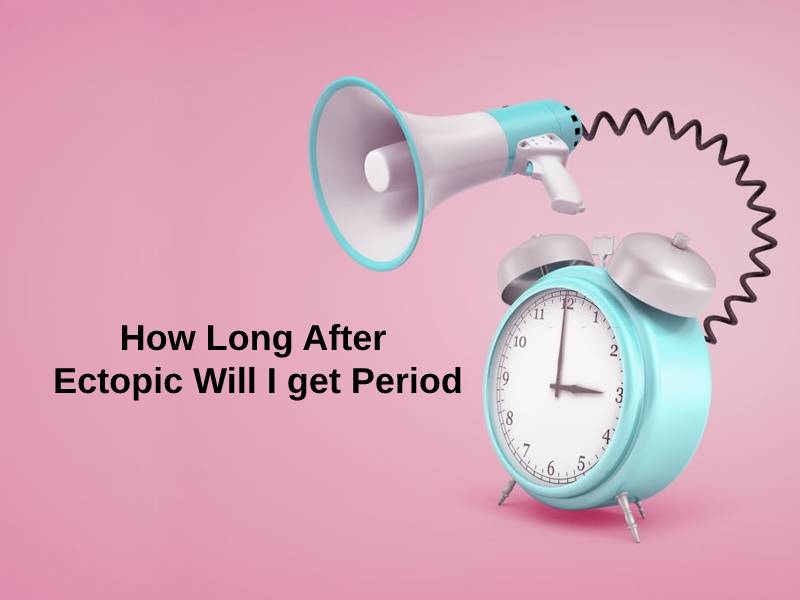
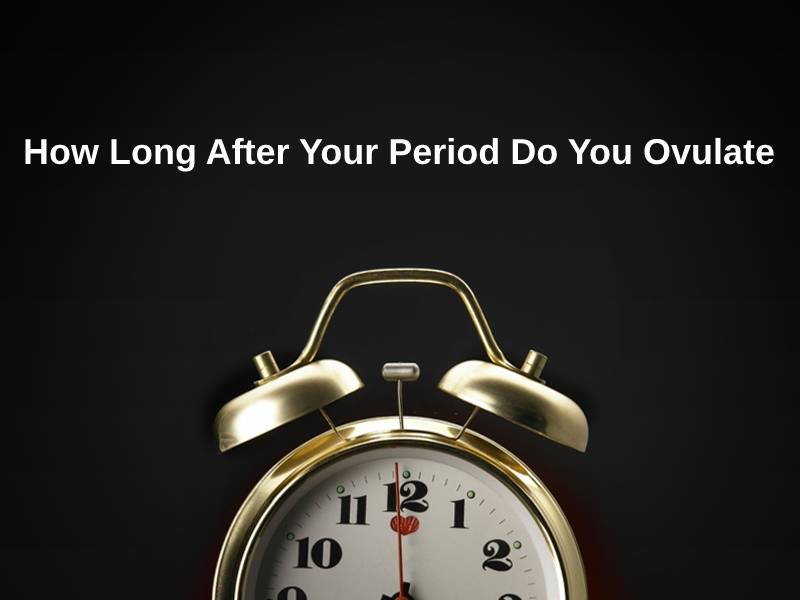
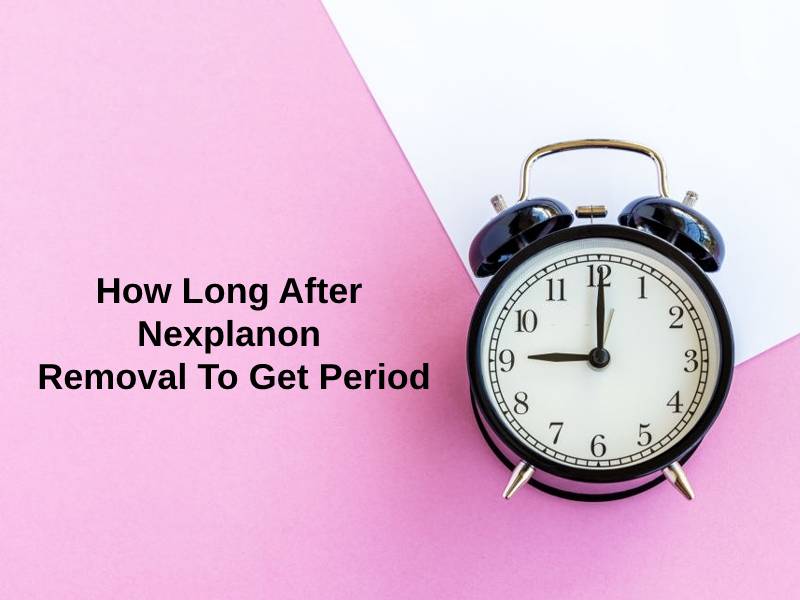
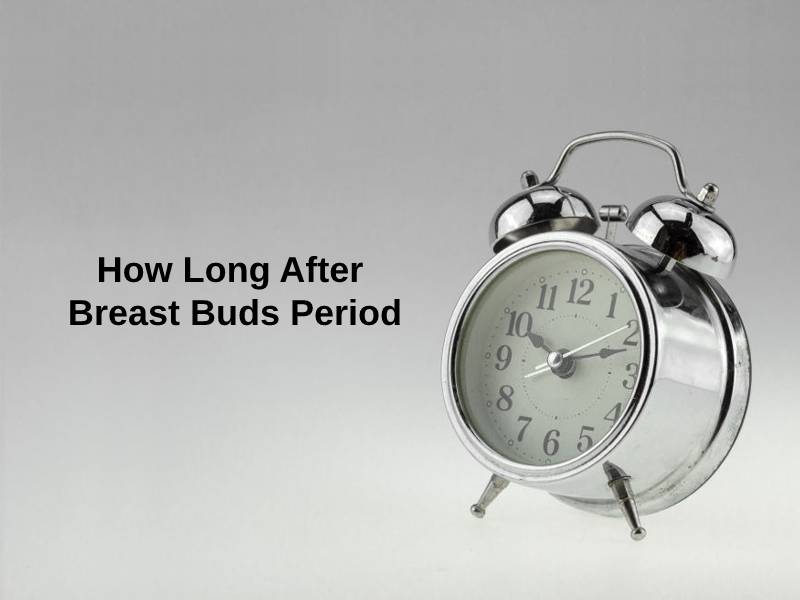
The information provided here is extremely valuable and comprehensive. Well done to the author.
Indeed, Lsmith. This article covers all the necessary details beautifully.
This is a very well written article that explains every minute detail. I found it very informational and helpful.
I completely agree. The article is very informative and written in a very engaging manner.
The content is excellent, but it could use a bit of humor or light-heartedness to make it more engaging.
Great point, Isabelle47. A bit of humor could bring a refreshing aspect to the content.
I agree, Isabelle47. A dash of humor would add an interesting twist to the piece.
The article does a great job in clarifying the timeline after embryo transfer, and various symptoms. This was very helpful!
Definitely, Liam81. It’s a very insightful and well-organized piece.
The information presented here is crucial for anyone considering the embryo transfer process. Well-crafted and informative.
Absolutely, Maisie57. The article is a valuable aid for those in this journey.
This article could provide a sense of hope to those going through the IVF process. Very well-done!
I couldn’t agree more, Chapman Erin. It’s a shining beacon of hope for many.
An excellent explanation of the embryo transfer process. Very thorough and educational.
Absolutely, Jim Wood. The article covers all grounds in a very insightful manner.
The author does a great job in demystifying the procedure. Very informative and useful.
Yes, I agree. This article is a must-read for anyone considering the procedure.
Absolutely, Matilda07. It’s an excellent resource.
Interesting, but the author could have expanded more on the emotional aspect of the IVF journey and the impact of unsuccessful implantation.
I see your point, Davis Allison. It would have been beneficial to have a more emotional perspective.
The article is filled with important information, but the tone could be more empathetic and understanding.
I understand your perspective, Craig42. Emphasizing more on empathy would definitely enhance the article.